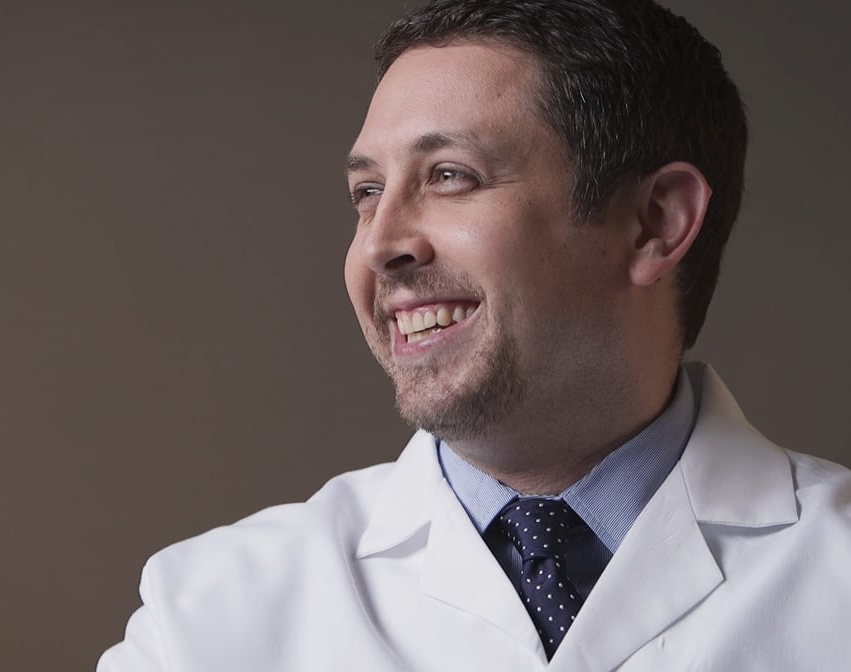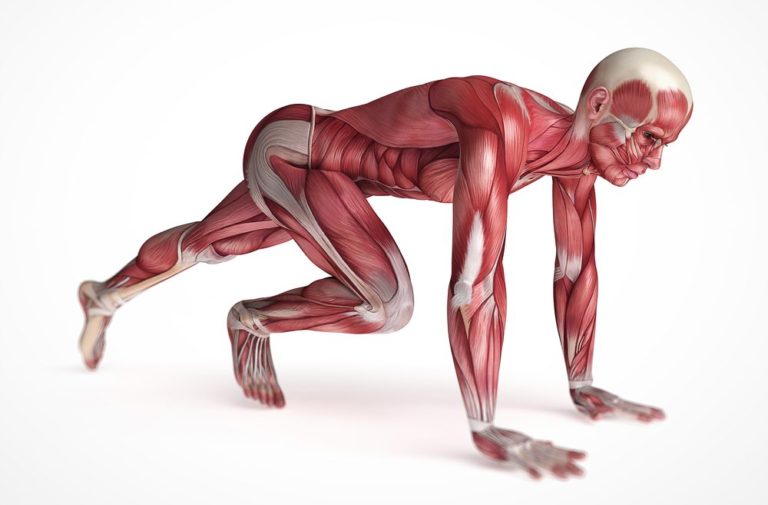A group of U.S. researchers recently launched a series of studies exploring the concept of trauma surgeons as high-performance athletes. Their goal is to build a model that links physiologic markers to functional performance measures. Ultimately, they hope to identify modifiable targets that can be used to protect trauma surgeon function and help ensure peak performance.
“Part of the inspiration for this research is the disconnect we all see between athletics and medicine,” said David Kashmer, MD, FACS, principal investigator. “Our society places very high expectations on athletes, and not just at the professional level. But the same time, those athletes receive extensive support in terms of coaches, trainers, nutritionists, therapists and so on.”

“The irony is that surgeons and other trauma pros are held to even higher standards of performance,” Dr. Kashmer said, “yet we do so little to make sure they get what they need to perform well.”
Dr. Kashmer and his co-researchers believe trauma surgeons and all trauma team members would benefit from being treated less like office workers and more like athletes. One of their key interests is physiologic recovery after trauma call.
“We know that recovery is very important to athletic performance, and our results show that it is also critical to surgeon performance,” he said. “We don’t often think of ‘trauma call’ as a sport, but we are finding that trauma providers can suffer from poor physiologic recovery much like an over-trained athlete.”
Tech-driven research
The research group recently completed its first study using physiologic trackers and a simple cognitive function test.
Four trauma and acute care surgeons — each working in a different hospital — wore a physiologic tracker wristband for 50 days. The trackers captured several measures of heart rate and sleep performance. Every morning, each surgeon used a smartphone app to test their executive function. Executive function includes the ability to maintain attention, access working memory, remain mentally flexible and solve problems. Data on trauma call schedules were also collected.
“This methodology allowed us to look at potential links between daily strain, sleep performance and physiologic recovery for these trauma surgeons,” Dr. Kashmer said. The results of the study are not yet published, but the research group found some interesting connections.
“In general, poor physiologic recovery was associated with reduced executive function in our study,” Dr. Kashmer said. “And we found that prior-day trauma call and poor sleep performance account for a significant portion of this gap.”
Key takeaway
According to Dr. Kashmer, the study identified specific physiologic markers of trauma surgeon “overtraining.” Many of these targets are modifiable.
“The team’s research has built a model that significantly explains a portion of trauma surgeon executive function,” Dr. Kashmer said. “This model utilizes modifiable targets that can be optimized and may improve trauma surgeon performance.”
The key takeaway for all trauma providers: Take yourself seriously as someone who needs to deliver peak physical and mental performance.
“Like elite athletes, improving trauma surgeon performance can be achieved with a support system and adequate resources,” Dr. Kashmer said.
Questions about the research? If you are interested in participating in future work on optimizing trauma surgeon performance, contact David Kashmer, MD, FACS by email.

